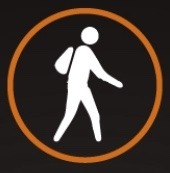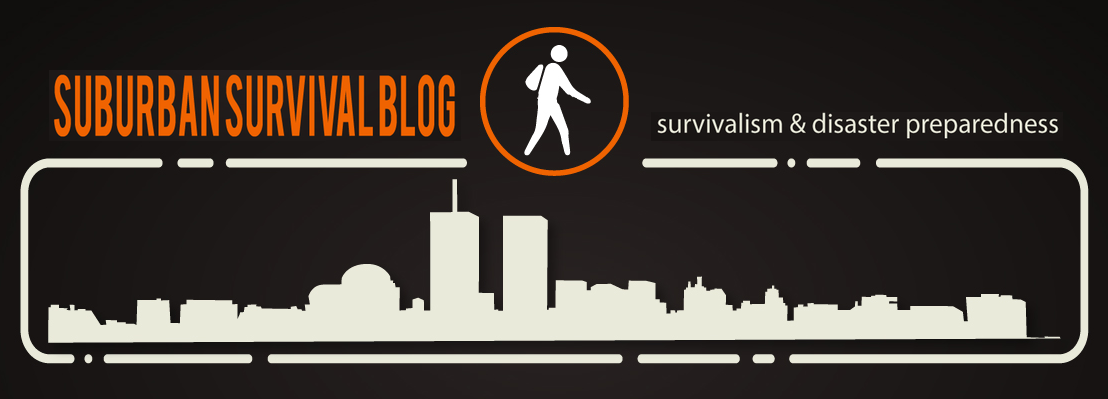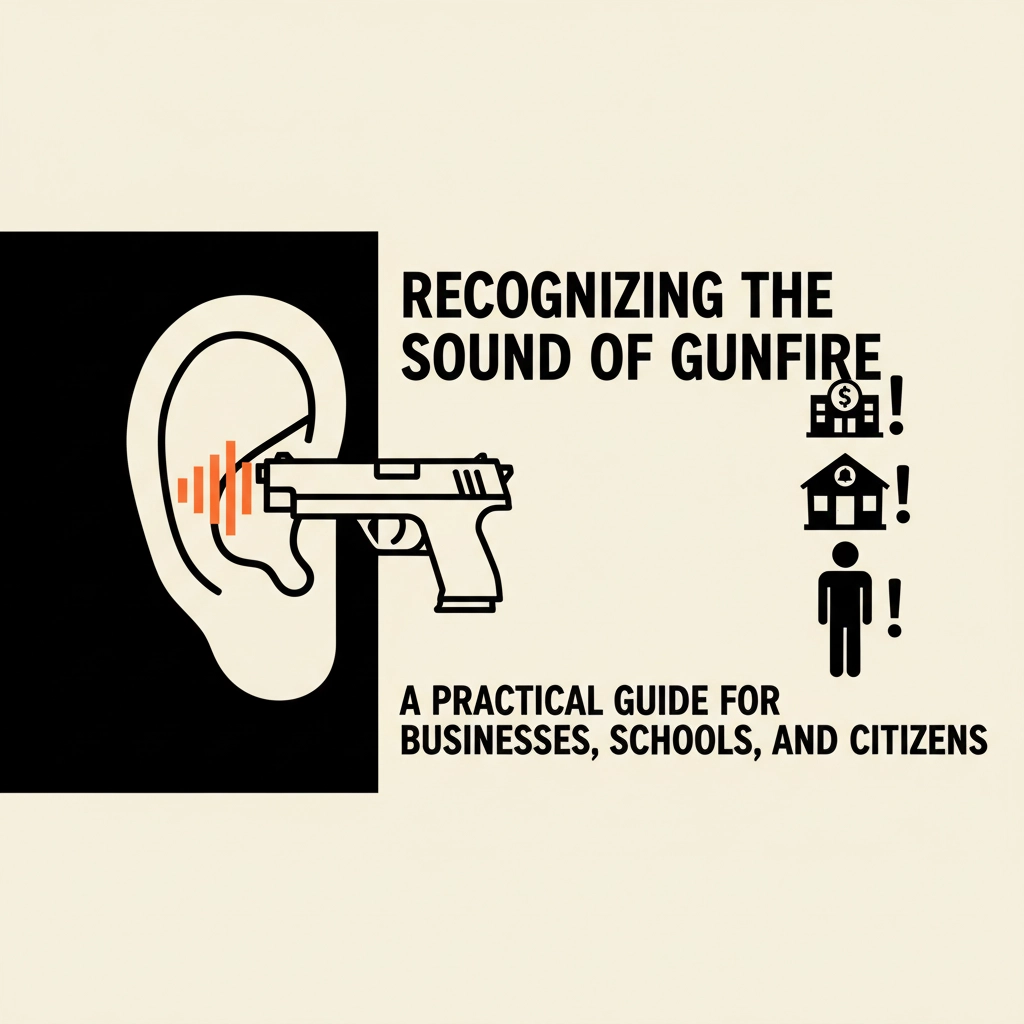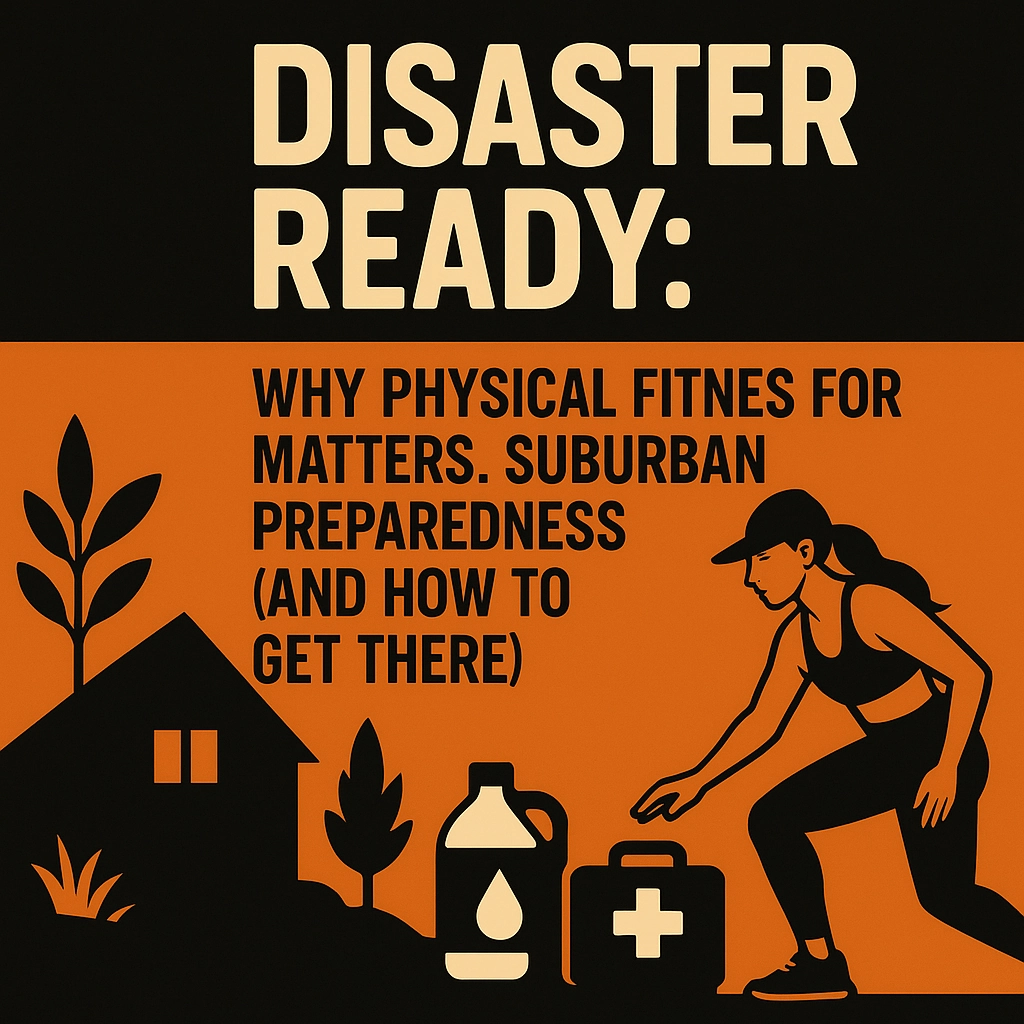This is a second article by the same reader who asked not to be identified.
During my last article I discussed various scenarios for using non-lethal defenses. While the responses were great, they did focus on an ancillary aspect of the article I didn’t intend to be the focus of discussion. In that article I discussed that I believed to be situations that more warranted a non-lethal defense response initially, all centered on various circumstances where you were approached by neighbors, friends, even refugee strangers for help. Specifically, for sharing your supplies.
I had expected replies to discuss the kinds of non-lethal devices, the effectiveness of non-lethal defenses, the pros and cons of non-lethal vs lethal, etc. But to my surprise most of the responses dealt with the topic of whether or not to share your supplies. Since it was so heavily responded to, and itself is a good topic for discussion, that is subject of this article.
To begin with, the decision upfront to share or not share your supplies – even with extended family – is your own choice. Some people will bombard you with moral and ethical reasons why you should but I stand it’s an individual choice. Just as with witnessing an accident you are under no legal obligation to render assistance to the victims so is true during such a disaster as to require dipping into personal supply stocks (footnote: There is a law on the books in Michigan that does require you to assist but even the politicians admit it’s impossible to enforce or hold someone accountable to it).
If you do decide to share, do you trade or just give? Recent modern American history proves that just giving people things leads to an entitlement mentality. Having to trade for it, essentially earning it makes the received goods more valuable and there not taken for granted. But then comes the issue of a person with nothing to trade (or at least nothing you find valuable enough for trade). A lot of hard feeling can be generated if it’s perceived during a time of crisis you are trying to profiteer rather than just help. And those hard feelings can translate into violence if it is perceived you are holding out for your own benefit. On the other hand, you spent a lot of time and money preparing and just can’t hand out items to anyone who requests help.
There are legitimate security issues too. In World War 2 there was an expression “Loose lips sink ships” meaning people that talk give away information that can later be used by adversaries. In terms of sharing supplies very quickly word can get out and around your neighborhood that someone over on that block or down that road is giving out supplies. Even if you have no contact outside of the people immediately around you there is no controlling who they speak to and so on.
You can’t be the local Walmart. And while trade may work in many cases there will eventually be someone who tries to simply take from you. If you’re lucky it will be covert and non-confrontational. But if not, now you have to choose to defend your supplies or be looted.
Further, no matter how well stocked you are, if the disaster lasts long enough, sooner or later your supplies will run low. You’re going to have to make a decision when to stop giving/trading and now keep what is left for your own use. When you “close your doors” that’s when friction will start. Especially if the crisis is lasting much longer and/or deeper than anyone expected. Or if the situation gets event worse. Now people will really be in need and will be even more assertive to obtain your supplies.
It won’t be easy turning away people you previously dealt with.
It won’t be simple dealing with comments like “I know you have more in there – give me some!”
There’s going to be a lot more confrontation.
Are you prepared for that?
Not to paint an entirely dark, selfish picture. There are ways to give and keep a low profile too. For example, if someone in your area you know for sure is in very bad shape (perhaps an elderly person), you can make a “gift box” for them. Put some supplies in a non-descript box and during the night leave it on their back step or someplace they will readily find it but not be in total view of the community.
And there is truth to the idea of strength in numbers. That is, to be part of an organized community for the mutual benefits of supplies, services and defense. It would be impossible to expect support from such a community if you too were unwilling to step up to the plate when your turn is called.
If a SHTF event happens, and especially if it’s steep and long lasting, hardship will be just as steep and unavoidable. Whether or not to help others by sharing your supplies is a totally personal decision with pros and cons both ways. While an immediate decision isn’t necessary it is important to ponder this question in advance of such an event.
May we never have to really find out how we would answer that question.









Another good post!
I like the idea of trading for goods, and I also think its important to keep yourself from not becoming known as the local supply center.
I think I would only trade with people I know, and I would not trade anything that I considered essential or thought would be very hard to find again.
Going to think about this more as the coffee sinks in!
It would be hard to turn away young kids, but you can’t give away all your supplies or your own family suffers. Helping out would have to be on your own choice and done anonymously. Definitely something to consider ahead of time, before anything happens.